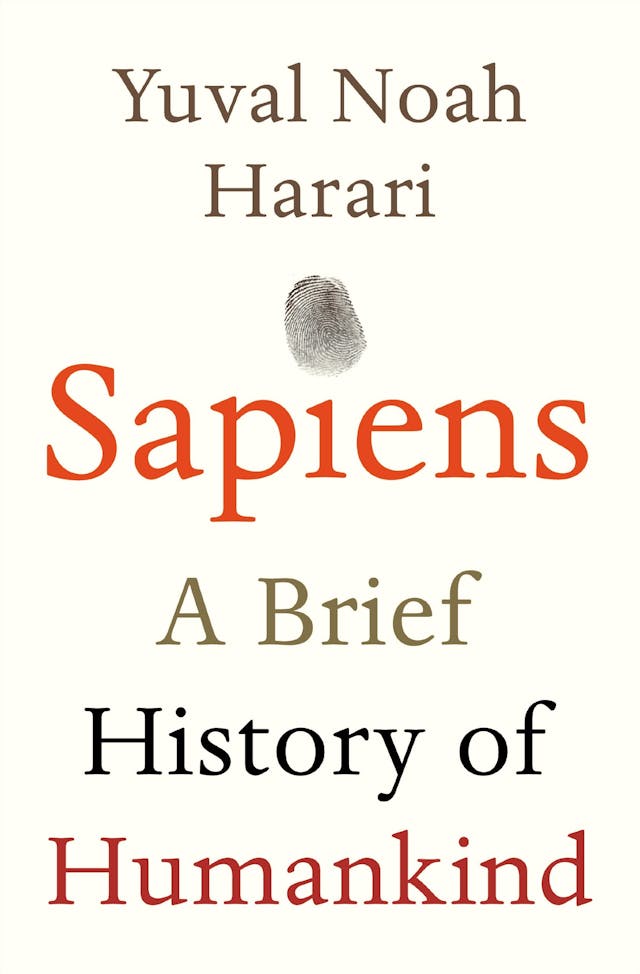Freakonomics: A Rogue Economist Explores the Hidden Side of Everything Summary
Key Takeaways
- Economics is not just about money but about understanding incentives that motivate human behavior.
- Conventional wisdom is often challenged by empirical data, leading to surprising and insightful conclusions.
- Understanding the hidden side of things can provide new perspectives on seemingly mundane or complex issues.
- Small changes in incentives can have large effects on behavior.
- Real-world phenomena can often be explained through simple economic principles, making them understandable and predictable.
🌿 ReflectBay
Overthinking again?
You're not too much. You're just overwhelmed and it's okay. We help you untangle the noise and feel calmer.
We'll help you...
Summary
Steven D. Levitt and Stephen J. Dubner’s 'Freakonomics' explores the hidden economic forces that shape our behavior in surprising and often humorous ways. The book challenges conventional wisdom and uses economic analysis to investigate a range of social issues and phenomena.
From examining the inner workings of a drug gang to exploring why sumo wrestlers might cheat, Levitt and Dubner apply economic theory to diverse subjects, demonstrating how basic principles of economics can illuminate the workings of the world.
The authors argue that understanding incentives—the cornerstone of economic theory—is key to deciphering human behavior. They use data and rigorous analysis to debunk myths and reveal truths about society and human nature.
‘Freakonomics’ is an unconventional juxtaposition of pop culture and economic theory, presenting thought-provoking insights that encourage readers to look at the world in a new way. It’s a compelling blend of storytelling and science that offers readers tools to make smarter decisions.
Also recommended

Sapiens: A Brief History of Humankind
Yuval Noah Harari
A Short History of Nearly Everything
Bill Bryson
